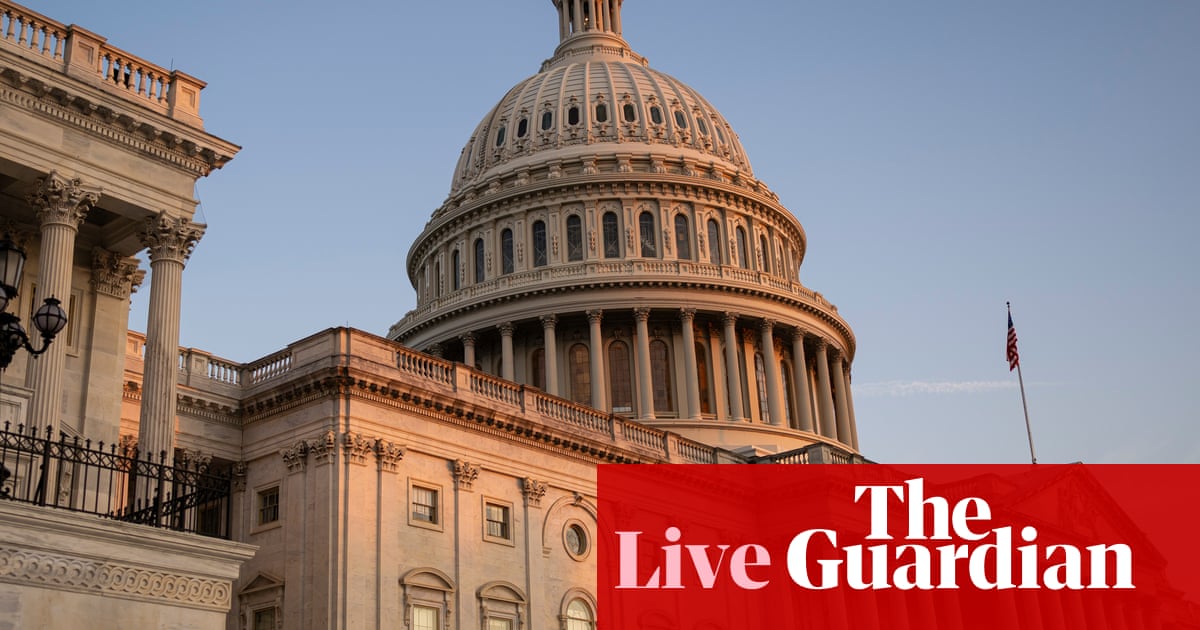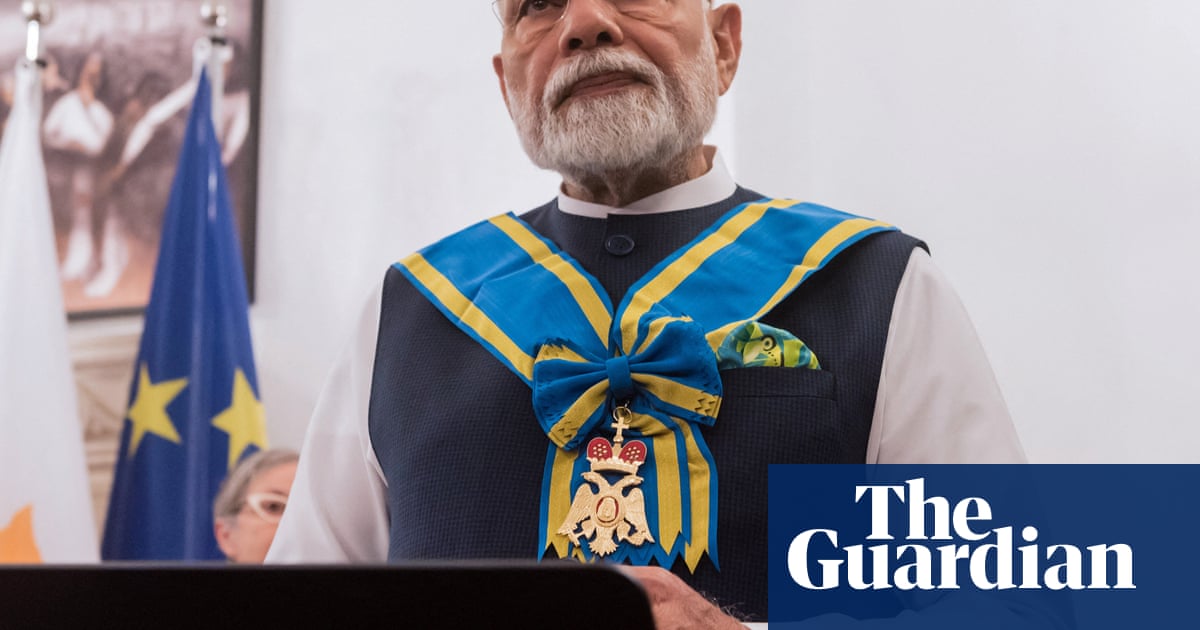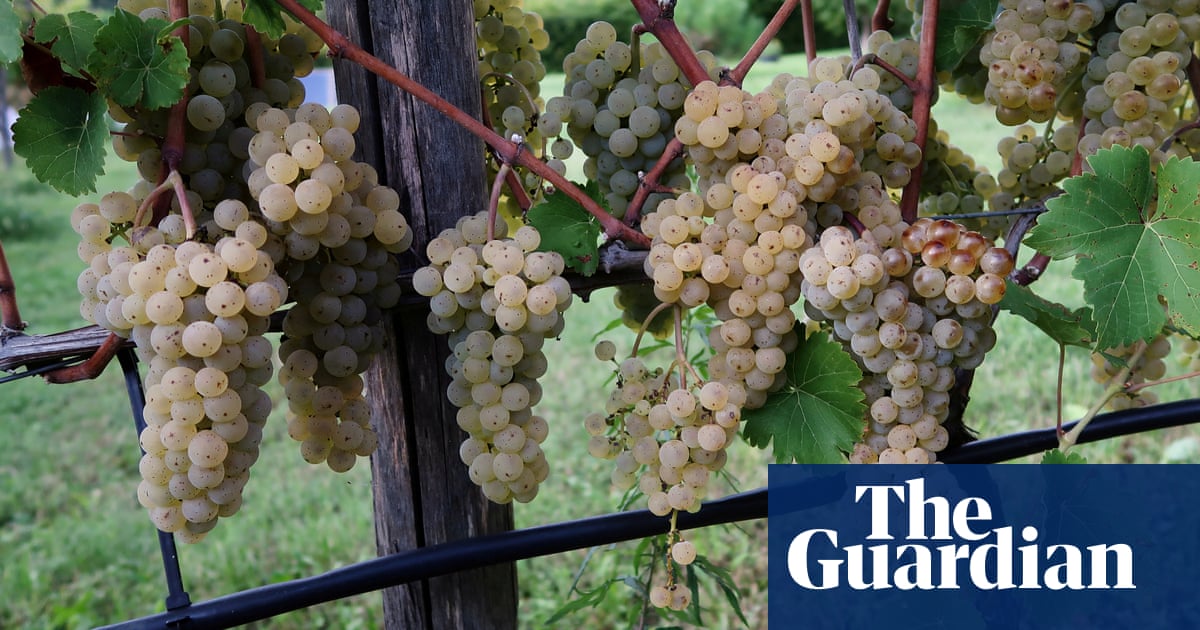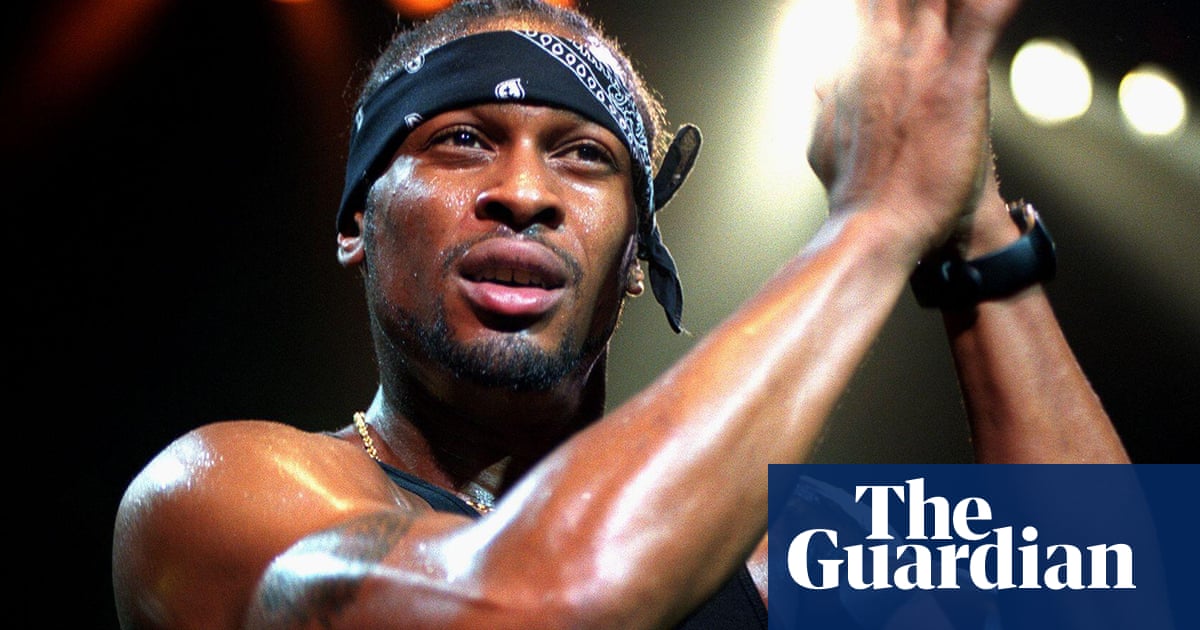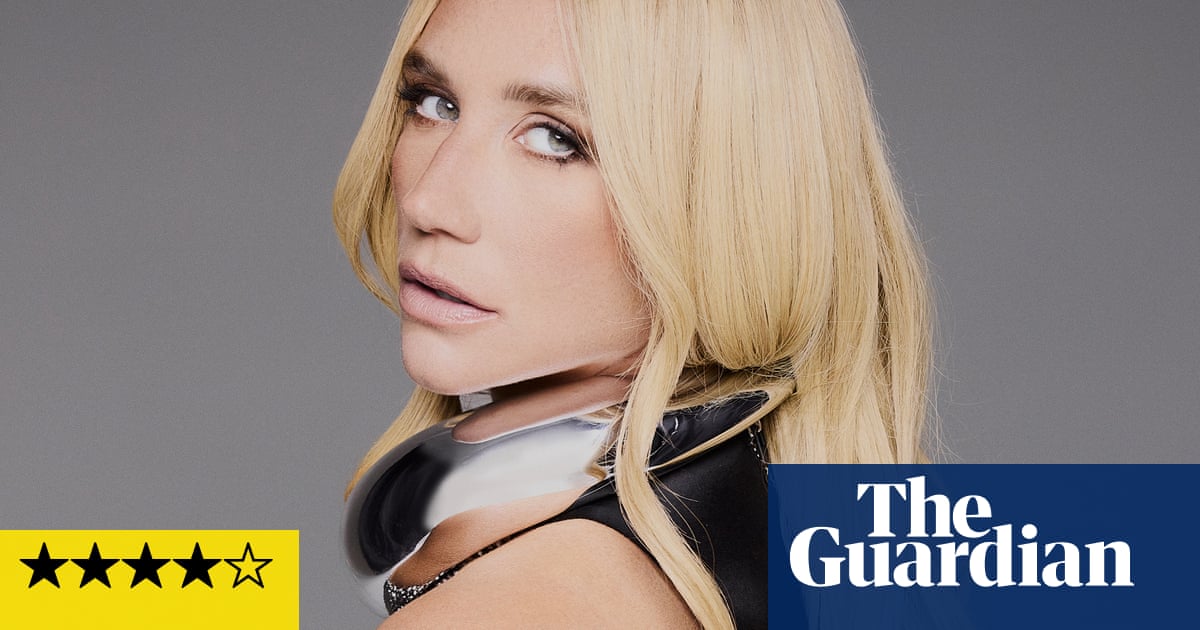In the frenzy of a Canadian general election campaign, few things drain party activists more than the relentless travel, as they crisscross the country’s vast geography to drum up support in far-flung electoral districts.
But ahead of what has been described as the most consequential general election in a lifetime, the 91-year-old former prime minister Jean Chrétien has campaigned for the Liberals in 30 electoral districts across the country as the party seeks to match – or even eclipse – his 1993 landslide victory.
Chrétien, who secured three consecutive majority governments between 1993 and 2003, has been drumming up support for the Liberal leader, Mark Carney, ahead of Monday’s vote which takes place in the shadow of Donald Trump’s threats to annex Canada and impose punitive tariffs.
The US president, who is deeply unpopular in Canada, has served as a useful foil for Chrétien, who was among the first to sharply criticize Trump’s threats to the country’s sovereignty.
“Trump has helped us so much for Canadian unity that I will propose him for the Order of Canada,” he said at a recent event in Quebec City, referring to the country’s highest honour. “But they told me that in Canada, you can’t give the Order of Canada to someone who has a criminal record.”
Trump has become a central message of Carney’s electoral campaign, and the ploy appears to be working: the Liberals are ahead in key battlegrounds – and nationally. On the campaign trail in British Columbia, Carney asked voters for a “strong mandate” – a turn of phrase in Canadian politics that reflects a party’s desire for a majority government.
Trump’s apparent inability to stay out of Canada’s political discourse – often to the benefit of the Liberals – was on full display this week when he threatened to raise tariffs on Canadian made vehicles, saying: “We don’t really want Canada to make cars for us, to put it bluntly.” Automotive jobs power Ontario’s economy, the biggest in the country and a blow to the sector would be devastating for Canada.
Chrétien still holds the high water mark for political victories over the last half-century, winning 60% of parliamentary seats in the 1993.
But the former prime minister appears keen to wield his deep influence in the party to fight for a Liberal victory, drumming up support for Carney in Quebec, where command of the French language is almost always seen as a prerequisite for the country’s top job.
“He speaks French much better than I spoke English when I was first elected,” Chrétien told the crowd.
Chrétien’s long reach in Canadian politics has not been without controversy. As Indigenous affairs minister, he proposed ending the treaties with First Nations, now more broadly appreciated by the general public as the foundation of the nation-to-nation relationship between the Crown and Indigenous peoples.
His 1969 White Paper proposals, including abolishing the Indian Act in an attempt to assimilate First Nations people and to end the reserve system, were hastily withdrawn after sharp criticism from Indigenous activists, who authored their Red Paper in response.
But Chrétien’s ability to shepherd Canada through Quebec’s 1995 separation referendum – and a later decision to reject an American call for Canada to join the Iraq war – has given him a unique insight into the current upheaval.
“I have witnessed many challenges in my lifetime, and we have always overcome them,” he said at a campaign event in Nova Scotia. “This time will be no different, as Canadians will choose the most reliable political institution in the western world: the Liberal party of Canada.”
Until recently the Conservatives had seemed guaranteed victory, and days before the election, they still boast polling numbers which would have won them a majority government in previous elections.
But Trump’s scrambling of voting habits has shifted Canada’s electoral map, with opposition parties facing the prospect of collapse as voters shift towards the Liberals.
“With Carney it feels like a totally different Liberal party,” said Jordan, an education worker in the battleground riding of Hamilton. Just two months ago, he voted for Ontario’s Progressive Conservatives in provincial elections – but next week he plans to vote Liberal.
“There’s still an emphasis on clean energy and green energy, but there’s so much more about the economy and financial issues. I’ve got a bunch of kids here and trying to pay bills and the Liberal platform is finally talking a lot about cost of living, gas prices, food prices, taxes,” he said.
“[Carney] could lead either party and his platform would be the exact same,” said Jordan. “And I really struggled. Am I voting for the party or am I voting for the leader? There’s always a first.”

 2 months ago
38
2 months ago
38




